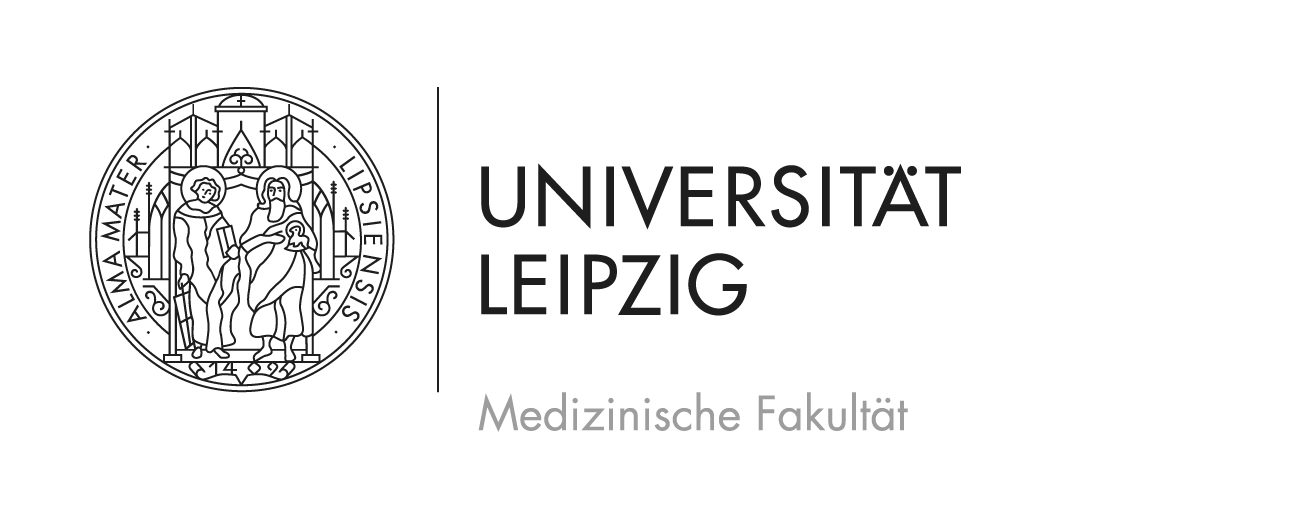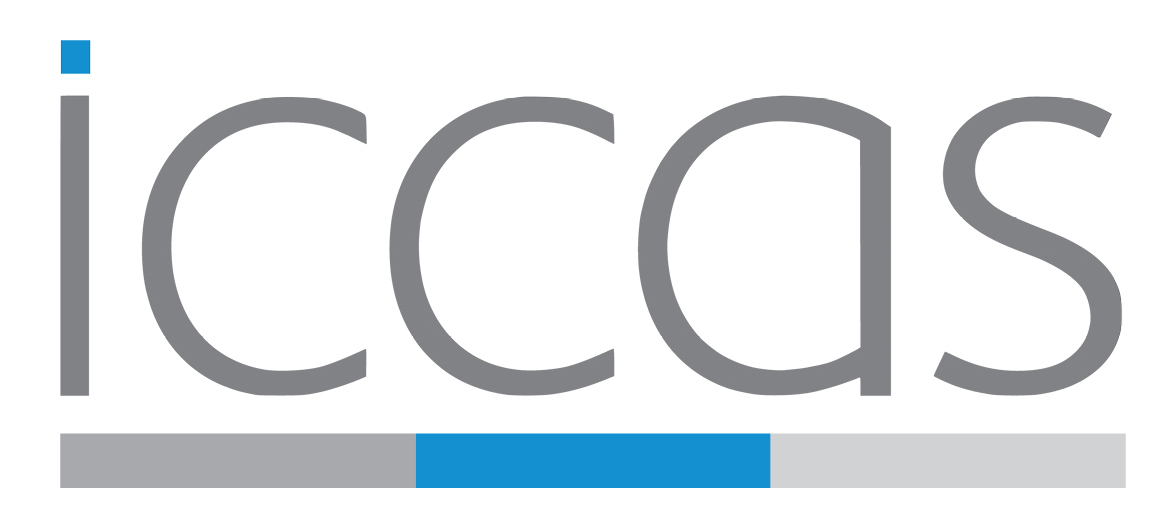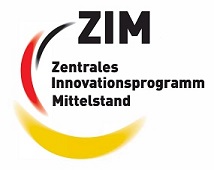

Model-based medicine and intelligent operating room
Prof. Dr. Thomas Neumuth

The SDC-VAS research project aims to develop a new ‘distributed alarm system’ for use in intensive care units based on the new IEEE 11073 SDC standard family. The primary goal is to reduce alarm fatigue and noise pollution in intensive care units.
The SDC family of standards is a new communication protocol that allows for communication between medical devices from different manufacturers. In doing so, these devices can provide data, status and services in an electronic network. This information can also be used by so-called value-added systems.
The distributed alarm system should receive the information from the various SDC-enabled devices and aggregate and evaluate it together with data from other sources such as the clinical information system (CIS) and IoT sensors and then forward said information to the appropriate nursing staff. In addition, we propose to explore alarm prediction possibilities using pattern recognition algorithms.
The project faces three core challenges: First of all, an integrator able to meaningfully link the data from the SDC interface, from the CIS and from various IoT sensors needs to be developed. Secondly, a meaningful methodology to select and inform a suitable employee needs to be established. Finally, the question to what extent the legal and normative regulations have to change in order to be able to use an SDC-based distributed alarm system safely needs to be answered.
The project, which is a cooperation between the company tetronik, the University of Leipzig represented by ICCAS and the HTWK Leipzig, has started in August 2022 and is funded by the ZIM program of the Federal Ministry of Economics and Climate Protection.